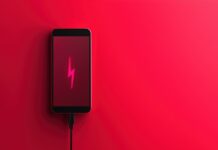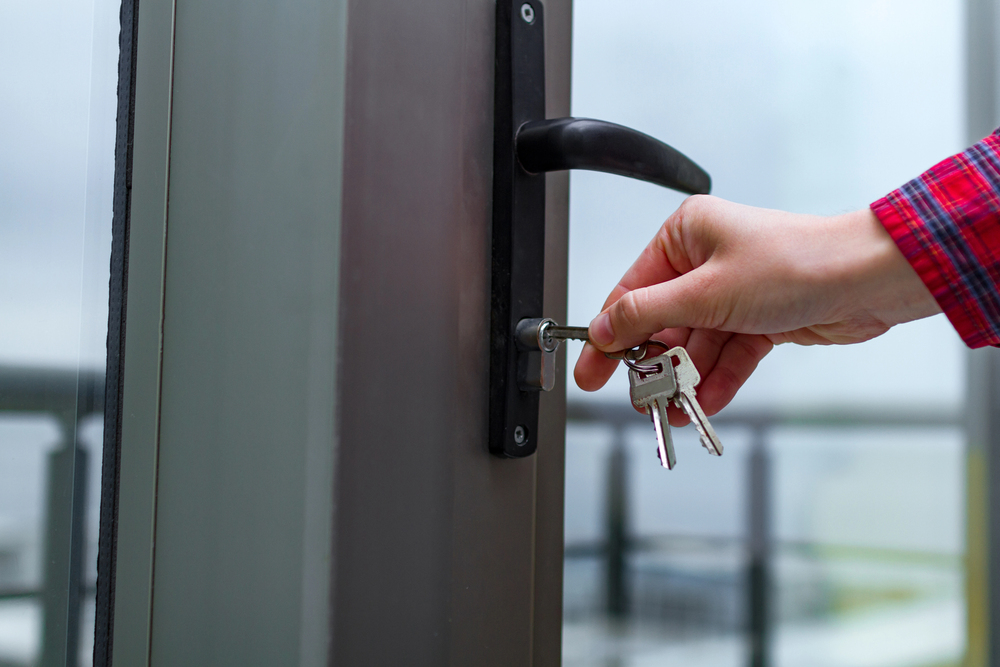
DISCLAIMER: The following article is informational only, and not intended to be medical advice in any way. Before making any decisions that might impact your health or well-being related to this article, we recommend that you seek advice from a medical professional.
It feels pretty miraculous when your anxiety medication finally kicks in. The worry that felt invasive, and followed you everywhere, simply… dissipates. You find yourself able to sleep at night, without your mind racing with the worry about everything that could go wrong tomorrow. Socializing no longer feels like walking through a minefield.
Yet, after months, and years, of taking the same medication, things start to shift. The pills that used to generate calm now initiate the very anxiety they once mitigated. You might find yourself looking in the bottle more often, counting the pills, or feeling panicked when you see the number dwindling down–even if you haven’t missed any doses.
You are not failing. This is a normal progression that happens to many people who are taking medication for chronic anxiety. Your brain becomes desensitized to the medication, which is now present within your system. And that medication, that was once part of the solution, is now becoming part of the problem.
When Comfort Becomes Dependance
The process of becoming more harmful, from previously being helpful, does not happen overnight. It ever so gradually rolls in, and may take time to notice. Perhaps you are now noticing that you do feel some anxiety while the medication is still in your system, between doses; something that simply did not cross your mind, originally. Or maybe your anxiety medication doesn’t feel like it has an effect as it did before, and you are now beginning to think about whether to increase your dose. Some people have said that it feels like walking on a tightrope. You take the medication, and you feel fairly normal, but now you feel dependent on that medication. If you miss a dose then the anxiety returns, and sometimes it is even worse than before taking any of the medication altogether.
The tricky part is that the withdrawal from these medications looks exactly like the anxiety symptoms you are treating yourself for. It is only human nature to think that you need more medication and not less if you are feeling worse.
The Physicality of Dependence on Anxiety Medications
Here is something that may surprise some people, but your body can be physically dependent on medication regardless if you are taking it as prescribed or not. It has nothing to do with willpower or character, but rather brain chemistry.
Benzodiazepines, such as Xanax, Ativan, Klonopin, etc., work by slowing down your nervous system. When you take these medications on a regular basis, your brain compensates by speeding things up in order to regain balance. If you stop taking the medication abruptly, your nervous system goes into too high of a drive.
Many families find that the withdrawal from these medications is more intense and longer than they imagined. This may take weeks or months and may present as severe anxiety, panic attacks, not sleeping, tremors, heart palpitations, and, in addition to physical concerns, some people may return to a worse anxiety pattern than when they took the medication to begin with.
The Theoretical Limitations of Tapering Alone
The world is filled with tapering protocols and various advice on how to gradually quit taking your anxiety medications. While the benefits of decreasing your dosage over time, rather than immediately stopping your medication, is likely our best approach, to taper down without the help of a professional, usually means you’re either suffering needlessly or quitting too soon.
You see, everyone responds to medications and more specifically has a different withdrawal experience. What may be too slow for one person may just right for another; or vice versa. Furthermore, letting go of something that has been a solid reliable safety net, usually means doing more than just making a pill smaller.
This is where we can see major advantages of a specialized, xanax addiction treatment program. Professional programs acknowledge to some extent, that the medical withdrawal from benzodiazepines is a medical treatment process, and having a medical professional managing the taper process will alleviate the stressor that comes from not knowing if you’re doing it right. Their programs include developing an individualized taper plan, providing medications to alleviate specific symptoms or discomfort associated with taking a benzodiazepine, and providing some mental support through that difficult process.
The Real Emotional Work of Letting Go
Deciding to taper down from an anxiety medication is an emotional process in its own complicated way. For many people, it may feel like an immediate betrayal – particularly because the medication was somewhat alleviating a problem, and now it feels more like a hostage. Many people feel shame from being dependent on something that their doctor prescribed.
It is very likely that you will experience fear at the thought of letting go. Because what if the anxiety returns worse than how it is? What if you are not able to cope with your stress? What if you experience a panic attack and do not feel like you can do anything to stop it?
These fears and concerns are real. However, they have prevented individuals from taking steps forward for much longer than necessary. The reality is that most people come to realize they can cope with their anxiety effectively on their own, without medications and feelings of panic, with time and support.
When it Might Be Time to Make a Change
Not everyone will want to stop their anxiety medication, and some individuals are totally fine taking it long term. However, you want to be mindfully aware of some signs that might indicate you want to consider a change. One sign could be that you feel you are needing to take a higher dose to get the same benefit. Another sign could be that you feel nervous or worried when going between doses of the medication.
Some individuals begin noticing that the anxiety medication is affecting their memory and making things feel cloudy or fuzzy. Others may be surprised that they have been taking medication longer than they expected and want to see if they can function without medications.
Ultimately, the decision lies with you in conjunction with your health professionals who have extensive training in anxiety disorders.
What Professional Help Actually Looks Like
Getting off benzodiazepines is different than getting treated for illicit drug dependency. Generally, this is outpatient and you are medically monitored as you taper down over a period of months. The medication was never meant to be a means out of anxiety treatment – the medication was meant to be another tool to help with the anxiety and stress you dealt with. A solid treatment program will address where you are individually – how long you have been on the medication, the dosage, and a few other pieces of the puzzle, all of which inform you in developing a tapering guideline to get you where you want to go, as comfortably as possible.
While you work through this, they will also be teaching you other anxiety-mitigating tools. That could be a lot of different things in the form of therapeutic techniques (e.g. talk therapy methods), techniques that would be categorized in the stress management category (e.g. lifestyle modifications), and other medications targeting symptoms related to withdrawal while avoiding or minimizing the chance of dependency.
Building A Life Without Chemical Buffers
Learning to deal with anxiety does not mean “sucking it up” or just relying on will. It involves developing something to work for that your individual anxiety profile allows for. This could be using therapeutic techniques (CBT for example), or lifestyle recommendations (everything from exercise to meditation), or addressing some issue that you have that creates more anxiety psychoscially, all in attempts to manage life and anxiety on your own without medicating.
This takes time. The brain needs time to be reminded to produce calming chemicals through exercise and meditation practice. The nervous system needs time to be recalibrated. The person needs to practice until strategies become learned and second nature.
Support through this transition is important. It could take the form of counseling, a support group, family, or multi-pronged approach to a healthy anxiety-free life. Having people in your life who understand what you’re experiencing matters.
Moving Forward With The Right Expectations
Yes, you can get off of anxiety medication. You will experience non-linear ups and downs. Feeling less anxious can vary day to day. The point in time in the journey is not being anxiety-free for the rest of your life; it is learning what health means for you, embedded in discomfort, when anxiety does come up.
Many people report an overall better picture of their anxiety in sinusoidal shift, in comparison, from when taking the medication and learning the new ways to cope without. Their moods are closer to baseline neural activity than riding the rollercoaster of medication effects and withdrawals
Mostly importantly you have taken an informed path to mental health care and expect some degree of some help throughout the process. While the medication may prolong your life, it is ok to consider that it is no longer working for you, or worse is part of the reason for your symptoms – changing that is taking control, not weakness.
Find a Home-Based Business to Start-Up >>> Hundreds of Business Listings.















































